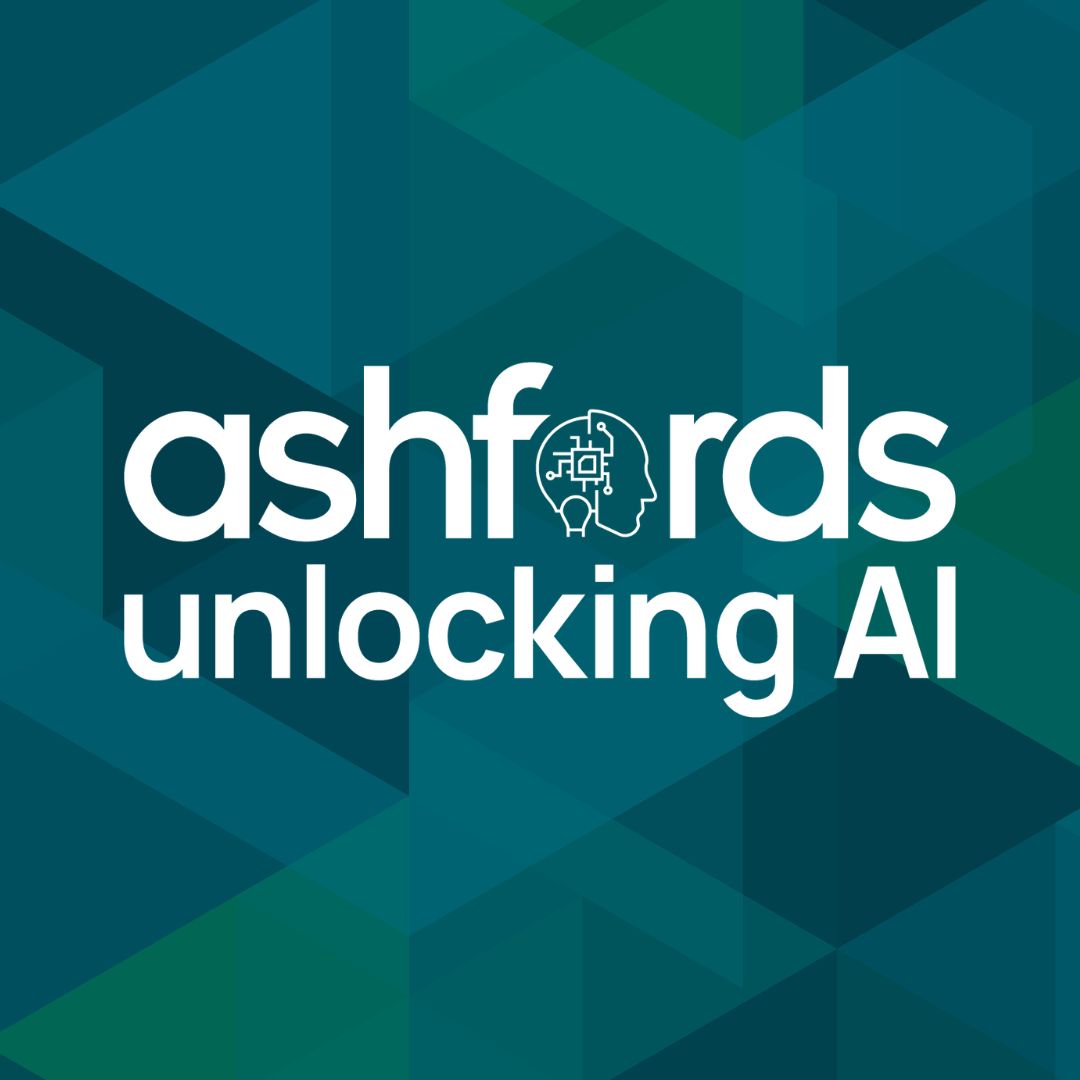AI has the potential to revolutionise environmental performance, offering innovative solutions and insights that can help businesses operate more sustainably. As corporations face increasing pressure from stakeholders to improve their environmental performance, AI has emerged as a powerful tool to help address these challenges.
In this article we highlight how AI can improve environmental practices and help make regulation more efficient and effective. We also give insight into important implications that regulated businesses need to consider when using AI and the role of the courts when it comes to accountability and liability.
The breadth of these applications highlights the significant role AI has to advance better environmental practices and offer innovative solutions to complex challenges. For example:
Environmental regulation is complex, time-consuming and expensive. AI can help in making regulation more efficient and effective. Some reported uses of AI in this area include:
As a result of AI technology being able to deliver or predict potential breaches of environmental law, there’s a higher risk of breaches being detected and environmental sanctions resulting. Regulated businesses could be subject to greater scrutiny and regulatory action, in particular where AI technology provides a low-cost method for detecting potential breaches of environmental law.
However, decisions made by AI technology are open to challenge. For example, drone image footage or satellite data could easily be processed wrongly by AI technology, predicting a breach of environmental law where none exists. Similarly, a business that invests in AI technology would need to be alive to the fact that whilst the technology may be relatively inexpensive, compared to an environmental fine, the technology is not infallible, and errors could result in a business being wrongly accused of a breach.
For businesses that wish to invest in AI technology, it’s important to be aware of the regulatory environment and the potential impact of AI on the business. In-house teams should include regular testing of AI models and systems for handling errors. Businesses should design and implement procedures for the use of AI in environmental compliance, including how data is to be collected, stored and shared, reflecting new legislation and guidance from the environmental regulators.
The many challenges that AI technology raise requires innovative and responsive systems to ensure that AI systems are held accountable and used appropriately in environmental law enforcement and decision-making.
AI systems should be required to provide explanations for their decisions, similar to the requirement for human decision-making under the law. This can help ensure that AI systems are accountable and transparent. Policies and legislation should be developed to provide responsible use of AI in environmental law enforcement and decision-making. This can involve measures such as requiring AI systems to be tested for their environmental and socio-economic impact.
Litigation and courts can play a role in addressing the challenges and opportunities of AI in environmental law enforcement and decision-making. For example, court cases can be used to challenge the use of AI systems in environmental decision-making or to hold organisations to account for environmental damage by the use of AI.
Courts could shape the regulatory framework for AI in environmental law, by interpreting existing law and requirements in light of new technological developments.
The potential for AI to improve the effectiveness of environmental regulation must be considered alongside ethical principles and implemented in a responsible way. This requires close working between policy makers, environmental regulators, business and academics to ensure that AI is used in a way that is transparent, fair and delivers effective environmental protection.
For more information, please contact the energy and resource management team.
If you are interested in how AI will change business and the law, visit and bookmark our Spotlight AI hub for more AI insights. The Hub brings together commentary from Ashfords’ experts, our clients and our contacts across a wide range of areas; looking at how AI might impact as its use evolves.
Please do also get in touch if there are any specific areas related to AI that you’d be interested in hearing more about.
Visit our AI spotlight area

We produce a range of insights and publications to help keep our clients up-to-date with legal and sector developments.
Sign up